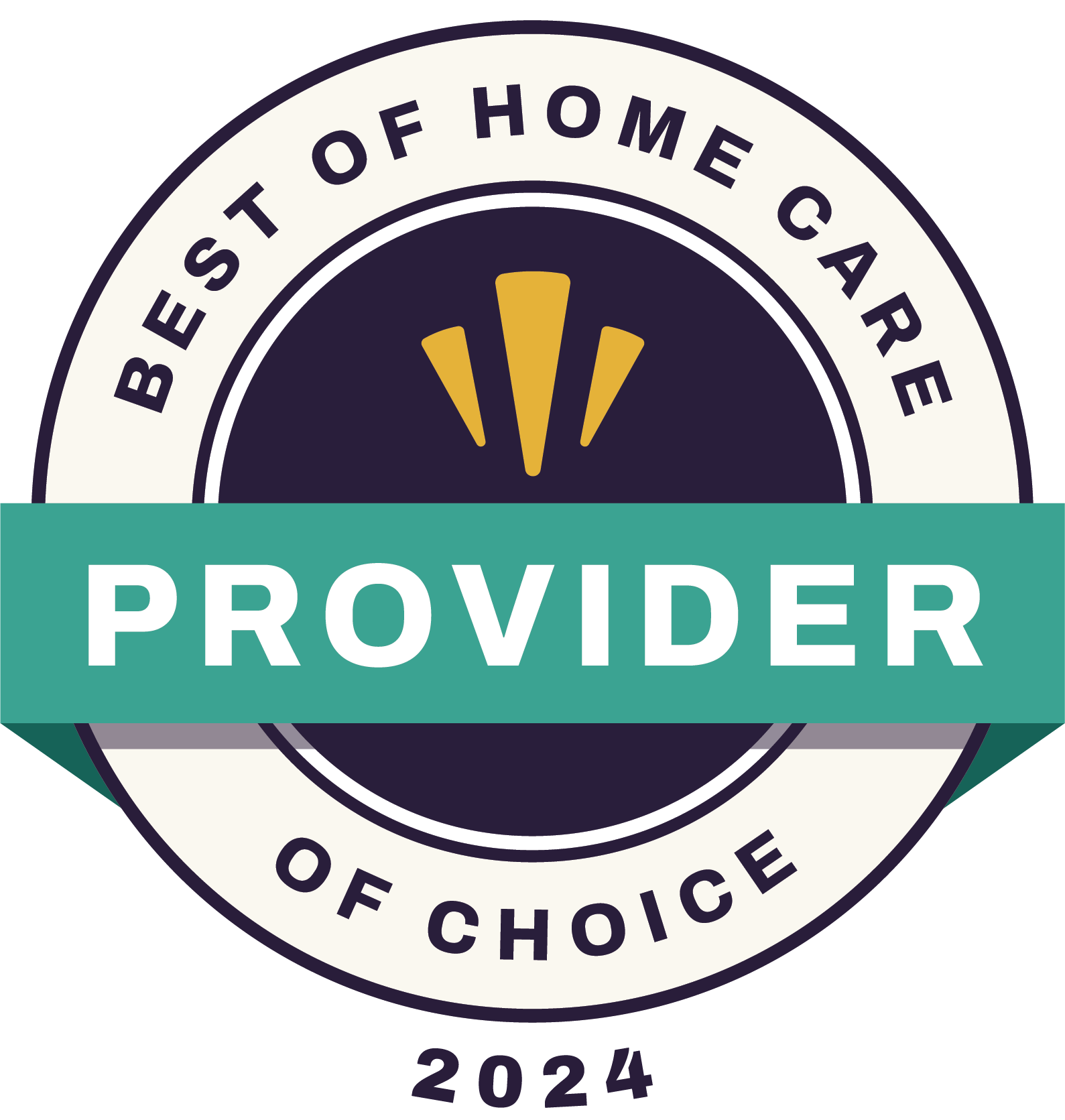This can be a tough time of year for seniors. Flu and cold season lead to illness, wetter weather can hamper exercise, and shorter days have a negative effect on dementia and Alzheimer’s. For whatever reason, this is the time of year when hospitalizations increase exponentially.
Often times, our relationship with a family begins with a hospitalization. A loved one falls or gets sick, goes to the hospital and requires assistance around the house when they return home. Before we begin work with any client, we have a “family meeting” to get a sense for a person’s routine and abilities — when they wake up, what they like to eat, whether they can shower and dress alone, what they like to do in their free time. This meeting is always challenging when a client has been hospitalized because the person who comes home is often very different from the one who was admitted.
 No matter how short the stay or how minor the ailment, hospitalizations almost always have a long-term effect on seniors. Just one week of bed rest makes them shakier on their feet and more prone to falls. Mentally they suffer, too. A study released a few years ago says the rate of cognitive decline in older patients more than doubled after a hospital stay. The longer the hospital stay, the worse the decline, especially for people who had difficulty remembering or thinking before they were admitted.
No matter how short the stay or how minor the ailment, hospitalizations almost always have a long-term effect on seniors. Just one week of bed rest makes them shakier on their feet and more prone to falls. Mentally they suffer, too. A study released a few years ago says the rate of cognitive decline in older patients more than doubled after a hospital stay. The longer the hospital stay, the worse the decline, especially for people who had difficulty remembering or thinking before they were admitted.
We may not realize it but taking care of ourselves takes practice and when the habit is broken, especially if we don’t feel well, it can be several weeks to build that habit back.
In a hospital or rehab setting, we are told when to eat, when to sleep, and when to go to the bathroom. Don’t assume your loved one will be herself the first few days or weeks after a hospital stay — even if he seems totally back to normal lying in his hospital bed. Mom might come home with drastically reduced independence, confidence, and cognitive skills. Dad, a previously self-sufficient widow, might not be able to even shave by himself when he returns home from a month in rehab.
Unrealistic family expectations can make the transition to home more difficult and sometimes even dangerous if we don’t prepare for the return of our loved one.
Talk to hospital staff about Dad’s routine in the hospital (when he wakes, when he eats, what his mood has been). Be upbeat and positive about his return but be realistic with your expectations.
Assume, for example, that the first few days home may bring extreme exhaustion and possibly even confusion about where things are located if he’s lived elsewhere for a while. Assume the caregiving needs might be greater than they were, so family caregivers who live in the home with him will need additional support. Assume his sleep schedule and eating patterns will be nothing like they were before — at least not at first. Plan for overnight care, at least in the beginning, because nighttime is when confusion and fall risk may be greatest.
You may also want to look at what equipment might make his return home easier. Perhaps a bedside commode for the first few nights or a wheelchair to get around the house. Yes, ultimately you want your loved one to start moving more and regaining strength, but you also want tools in place that will make those first few days less exhausting.
Unfortunately, hospitalizations can be a necessary evil of aging, and the return home, as sweet as it is, is often more difficult than the adjustment to hospital life. It’s important family members be prepared for and realistic about their loved one’s return, so they can readjust to independence and stay back in their homes for many days to come.
This article is provided by Lauri Topping, Owner, FirstLight Home Care of Honolulu and Molly Rowe, Owner, FirstLight Home Care of Salem, Mass. For more information, visit us online at Honolulu.FirstLightHomeCare.com or call us at 808-600-3733.

